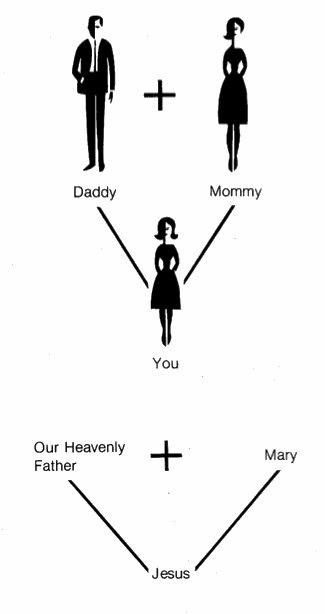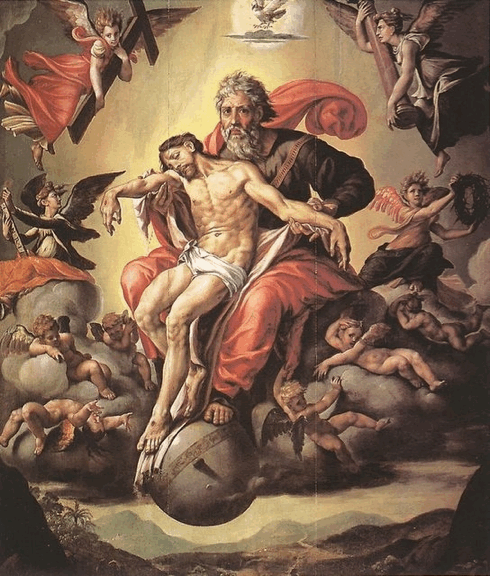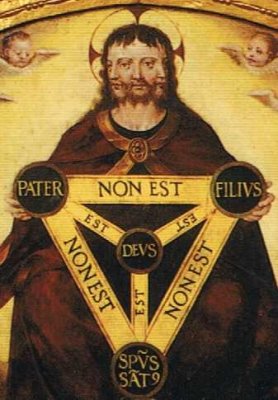
“Gee Hank, it sure is swell that communism won out.
This house belongs to all of us!”
In the last post, I pointed out some of the problems faced by an Athanasian sort of derivation view. If you found such problems to be decisive, then alternatively you could opt for a generic view. In this post, I would like to introduce the generic view.
As I mentioned in the first post, the generic view claims that Divinity belongs equally to the three persons, similar to how three people might jointly own the same house. Divinity thus belongs to no one divine person any more than another. The generic view (let’s call this GV) rejects DV in favor of this:
(GV) Divinity belongs equally to each divine person.
For both the derivation and the generic views of the trinity, Divinity is an entity that’s shared by the persons. On (the Athanasian version of) the derivation view, this shared entity just is the Father, but on the generic view, this shared entity is not the Father. The Father isn’t shared, Divinity is.
Read More »Derivation vs. Generic Theories – part 5: The Generic View (JT)

















